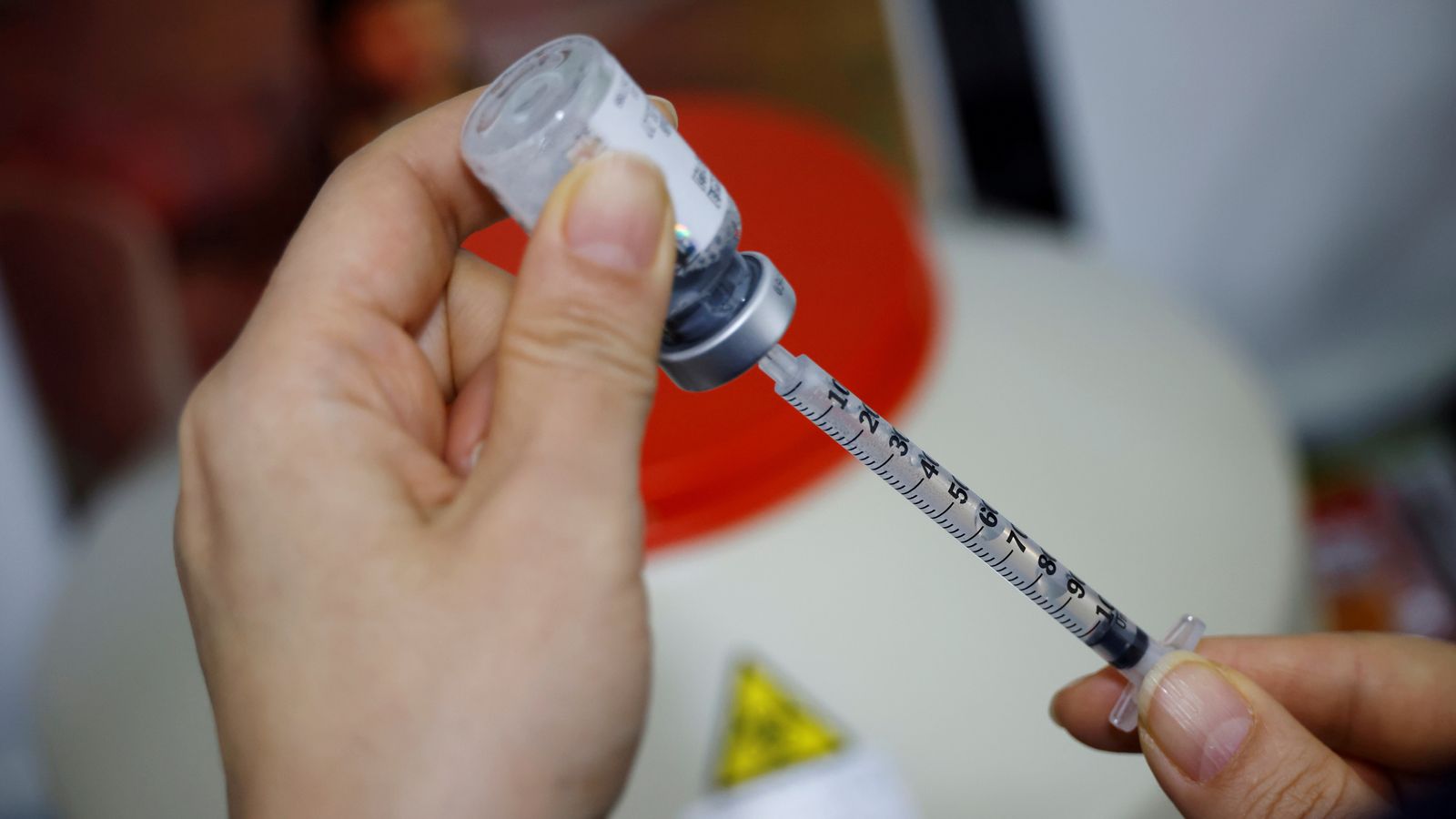Almost 70 botulism cases have been linked to weight loss Botox injections in Turkey, prompting a warning from European health officials to medical tourists.
Of the 67 people who have developed botulism, a life-threatening condition that causes paralysis, a number have been admitted to intensive care, according to the European Centre for Disease Prevention and Control (ECDC).
Health officials have warned people against travelling to Turkey for stomach Botox injections, saying this comes with a “significant risk of developing botulism”.
While Botox is mostly associated with reducing wrinkles, it is also used as a weight loss treatment. Injections into the stomach wall relax the muscles and suppress the appetite.
Botox and botulism both originate from toxins produced by Clostridium botulinum bacteria.
Developing botulism as a result of Botox injections is rare, but can happen when patients are injected with an “excessive dose”, according to the ECDC.
In botulism cases, toxins attack the nervous system and cause paralysis. Blurred vision, drooping eyelids and difficulty swallowing are symptoms linked to cosmetic botulism.
Most people make a full recovery with treatment, but without fast treatment the paralysis can spread to the muscles that control breathing.
For food-borne botulism, 5 to 10% of cases are fatal, but there is not yet enough data to establish the mortality rate for cosmetic botulism.
The ECDC said it is not yet clear whether the botulism is linked to the hospitals’ procedures or a problem with the product.
Read more:
Disfigured faces, gaping wounds and a ‘living hell’ – the cost of cheap plastic surgery abroad
Be the first to get Breaking News
Install the Sky News app for free
Among 63 cases with available information, 60 cases were linked to a private hospital in Istanbul and three were linked to a private hospital in Izmir.
Investigations carried out by Turkish authorities found that licensed products were used, but they were not approved for treating obesity.
The hospital departments have had their activities suspended and investigations have been launched.
The ECDC advised people who travelled to Istanbul and Izmir for stomach Botox between 22 February and 1 March 2023 to contact their doctor, particularly if they experience symptoms such as weakness, difficulty in breathing or swallowing.
The UK government advises British people thinking of travelling to Turkey for medical procedures to do their own research rather than rely on “private companies that have a financial interest in arranging your medical treatment abroad”.
At least 22 British nationals have died in Turkey since January 2019 following medical tourism visits.










